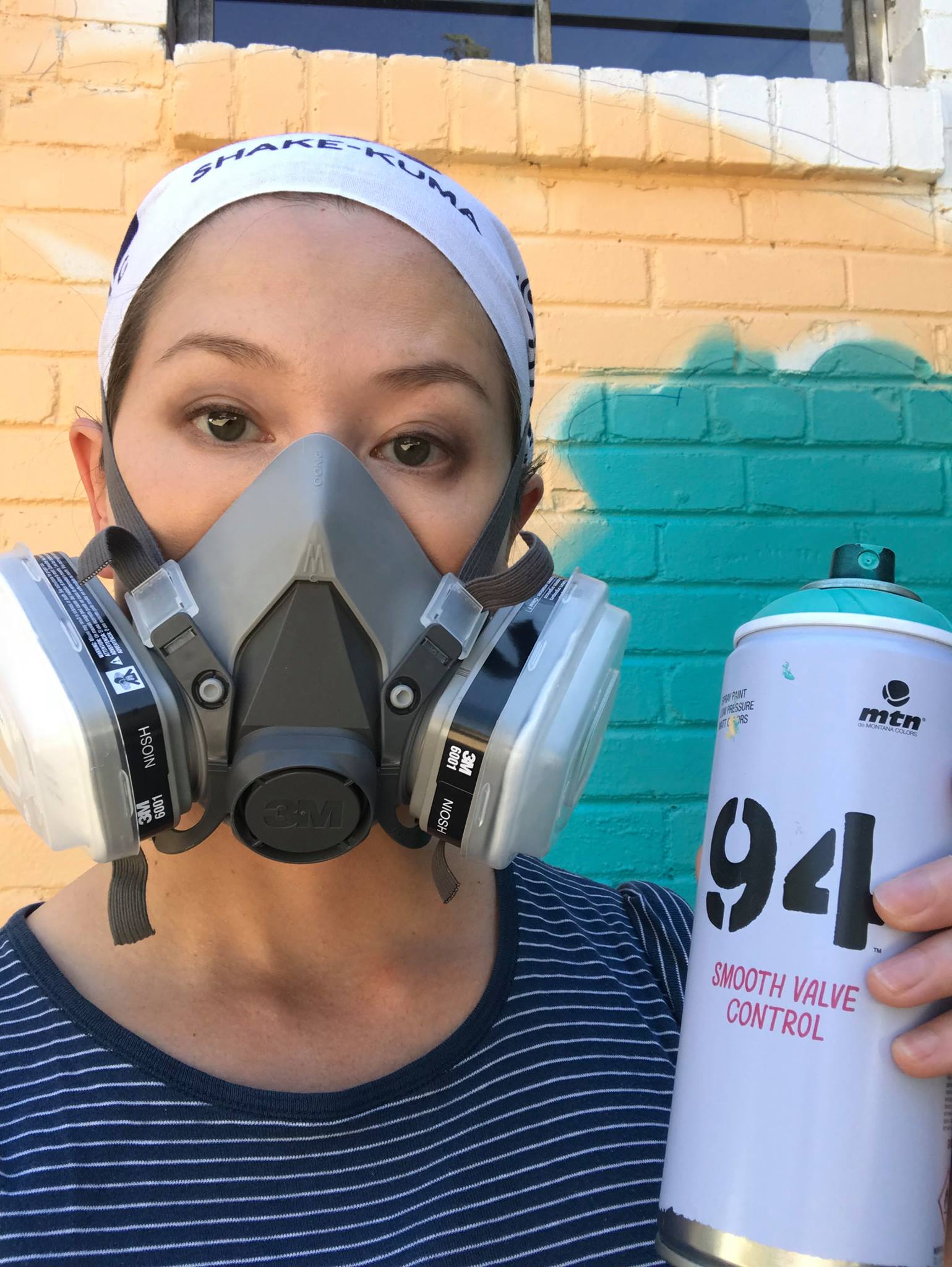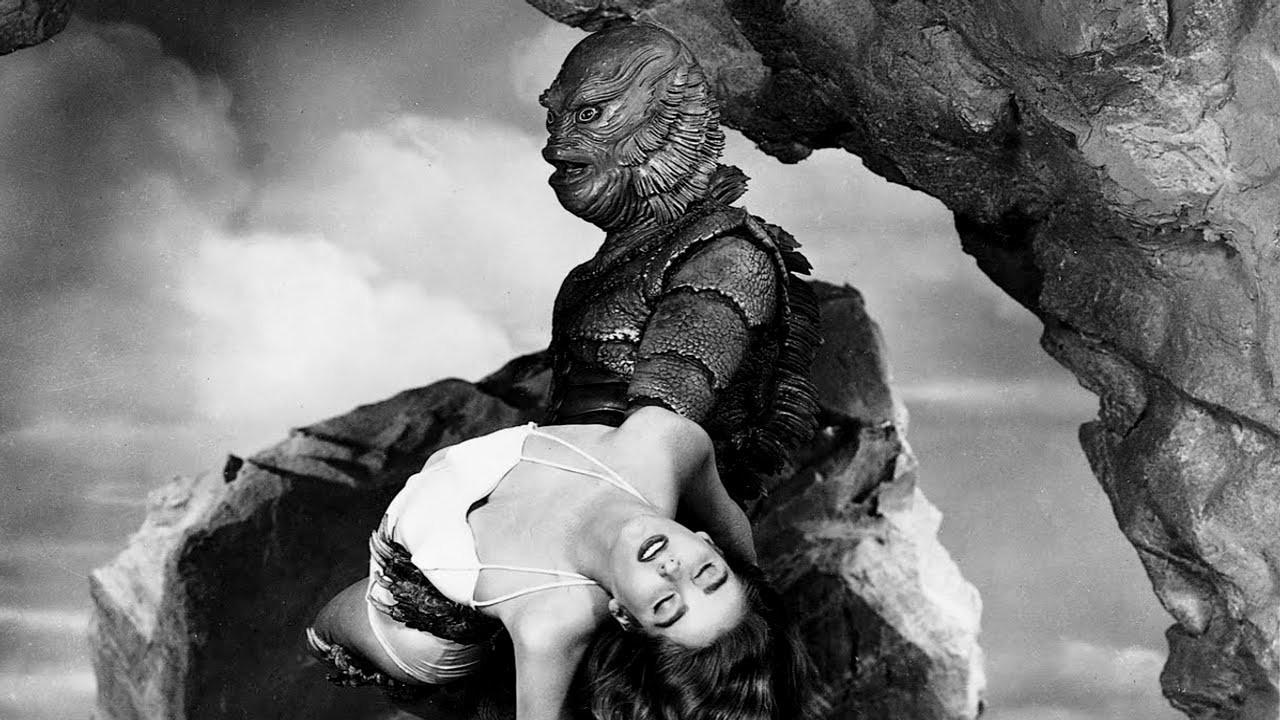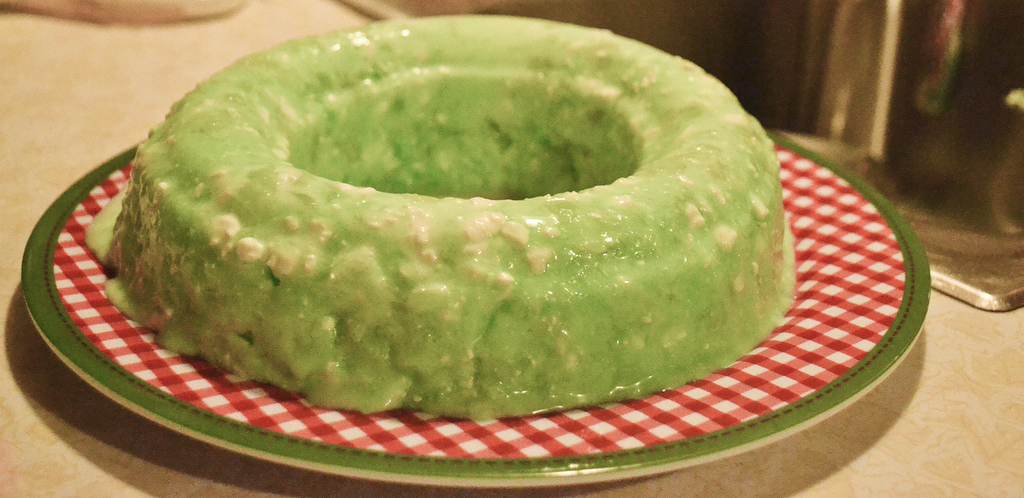Christmas Cards
/CHRISTMAS CARDS ARE IMPORTANT. I’m just sentimental enough to believe that traditions are important. The keeping of traditions is one of the things I like best about the holiday season. But Christmas cards; they’re special, at least to me, because they are one of the last bastions of congeniality. Remember when people used to write letters, notes and cards? Just last night, following a magnificent performance by one of our Grand-Girls in the school Christmas musical, I returned to the car to find a hand-written note on my windshield. It was a note of encouragement, telling me I should do a better job of parking next time.
It takes a certain human intentionality and connectedness to sit down and write a note, put in an envelope, address it, lick the flap, apply the stamp and drop it in the mail. Now we text, email, send birthday greetings on Facebook, etc. This season I’ve received a few virtual Christmas cards via email. Next time save yourself the trouble, I’m not buying the sincerity.
MANY CARD-SENDING SEASONS AGO, I was looking through an assortment of boxed, pre-printed, Christmas cards at a bookstore: “I like this one, but I wish it said this… This one is cool except for that creepy angelic creature lurking among the clouds. Surely Gabriel didn’t resemble that!” and so my mind went; on and on. And, then, I thought, “Why not design a Christmas card of our own?!”
There have been several of these homemade, bespoke card designs over as many years now. BTW: If you don’t get one in the mail, don’t despair. Your Christmas will be full and complete without one.
Several times, I’ve collaborated with other designers and artists for the card design. These are my favorites. My all time favorite was with an amazing Japanese/American artist named Julie Robertson, aka: Juuri. Julie and her husband Eric are very dear friends and special people to us.
For the collaboration, I gave Julie a poem I had written and asked her if she would do a watercolor to go along with the poem. The front of the card looked like this—
Copyright 2010. Juuri & Dave
The inside of the card looked like this—
Copyright 2010. Juuri & Dave
Julie is, among other things, an amazing mural artist. She has painted murals around the world, literally.
Julie at work.
Work in progress.
DONE!
I invite you to visit Julie’s website juuriart.com to see more of her work. Good news—if you would like to have one of her works, you don’t have to have a giant wall for a mural. She has smaller works as well. And, even prints.
So, that was our card in 2010. Now it’s 2018. I struggled more with the design of the 2018 card than I have with any other design. That’s largely because of the inner struggle I am having with the twisting and distorting that I believe is being done to the nature and beauty and truth of Jesus by the religious right. Compared to the card Julie and I did for 2010, the 2018 card may seem like I just threw something together—it’s black and white, looks cheap, and cynical.
That verse though… the one from the Gospel of John… about the Incarnation… It doesn’t need adorning or beautifying. It just needs to be wrestled with. So I’ve been searching my soul and my world for evidence of that mysterious, mind-blowing, heart-changing, soul-searching thing called Incarnation.
In case your copy of the card was lost in the mail, here’s the front—
And here’s the inside—
Where can we find and pay homage to the newborn King of the Jews? We observed a star in the eastern sky that signaled his birth. We’re on pilgrimage to worship him. —Matthew 2:2
Follow that star. Merry Christmas.










